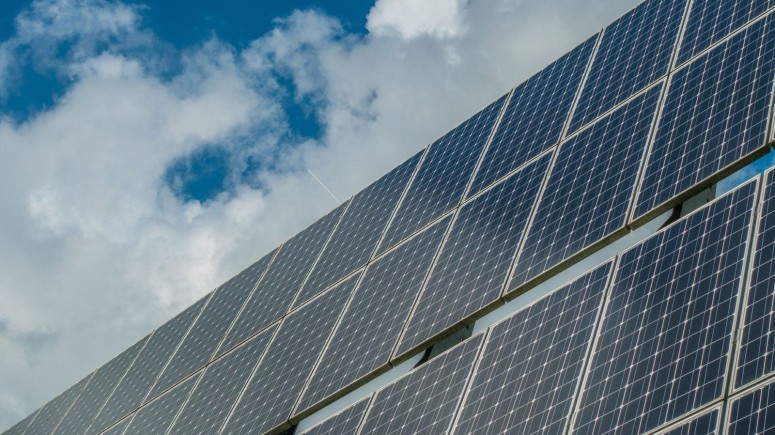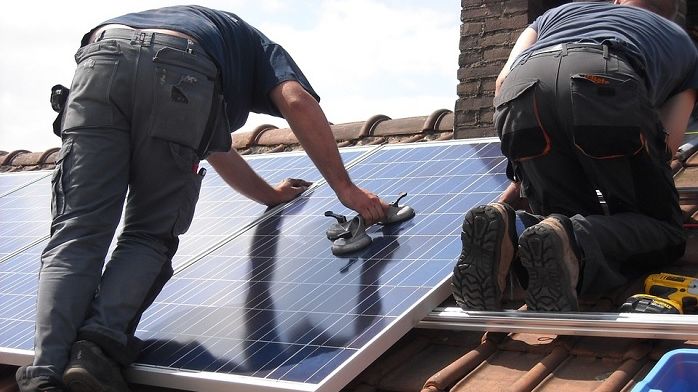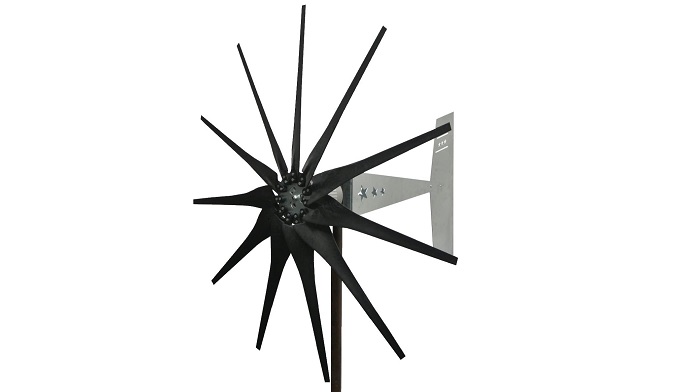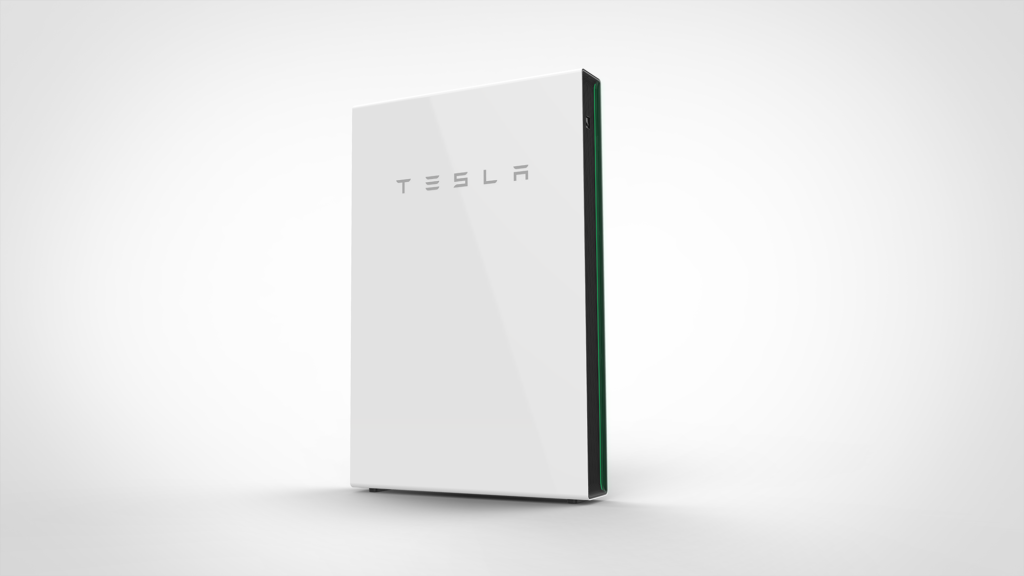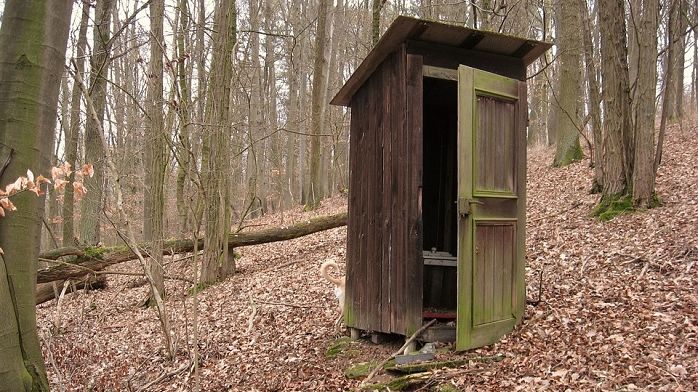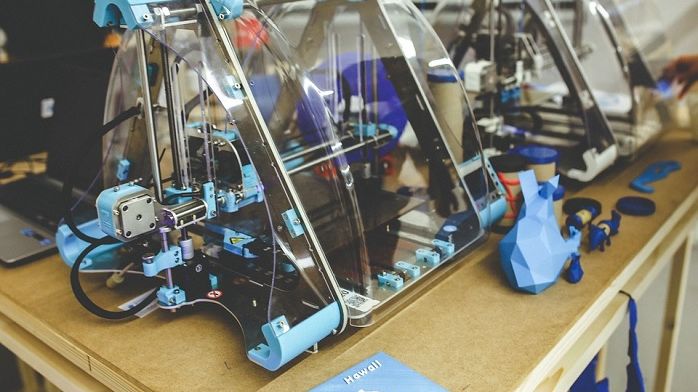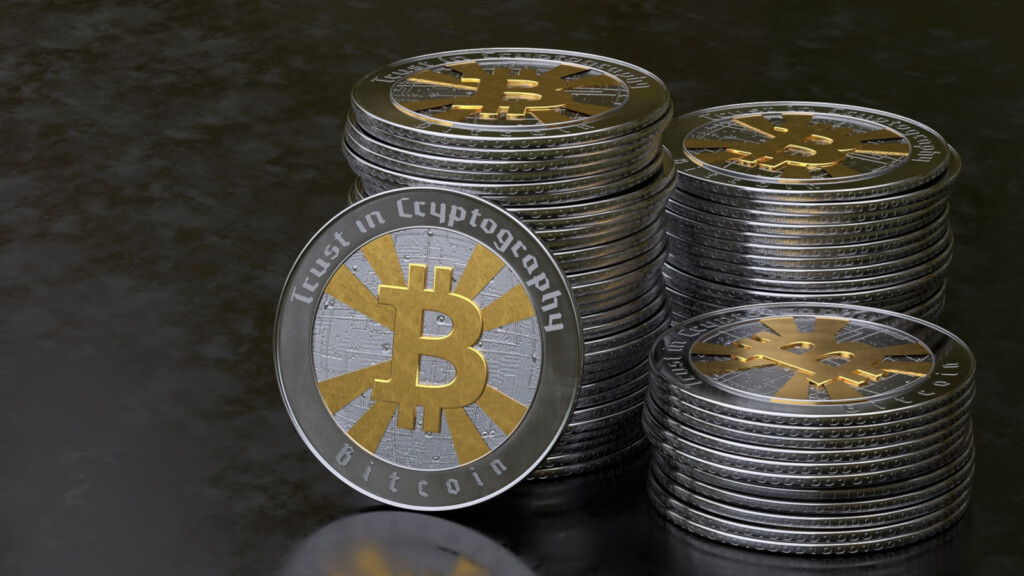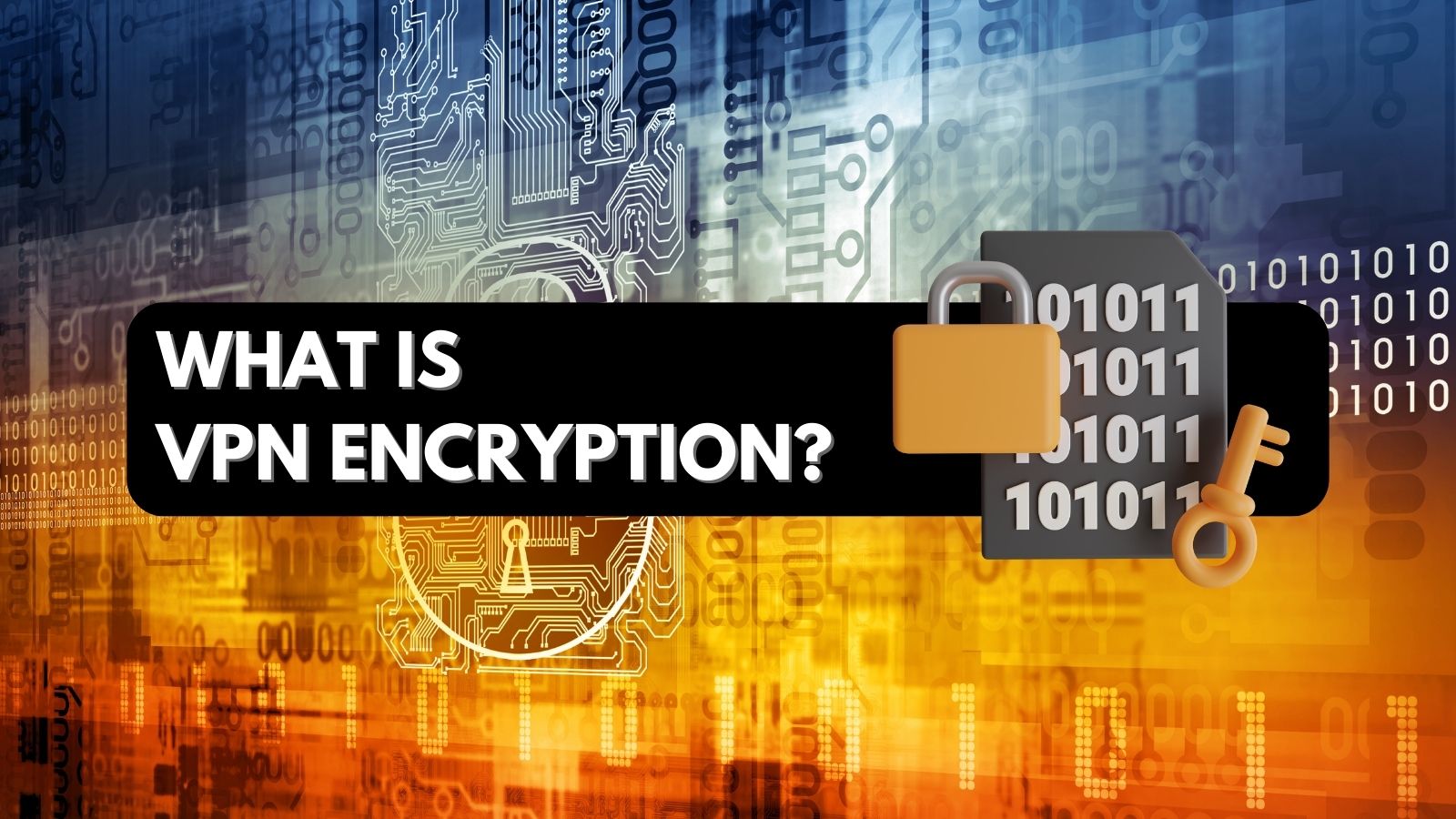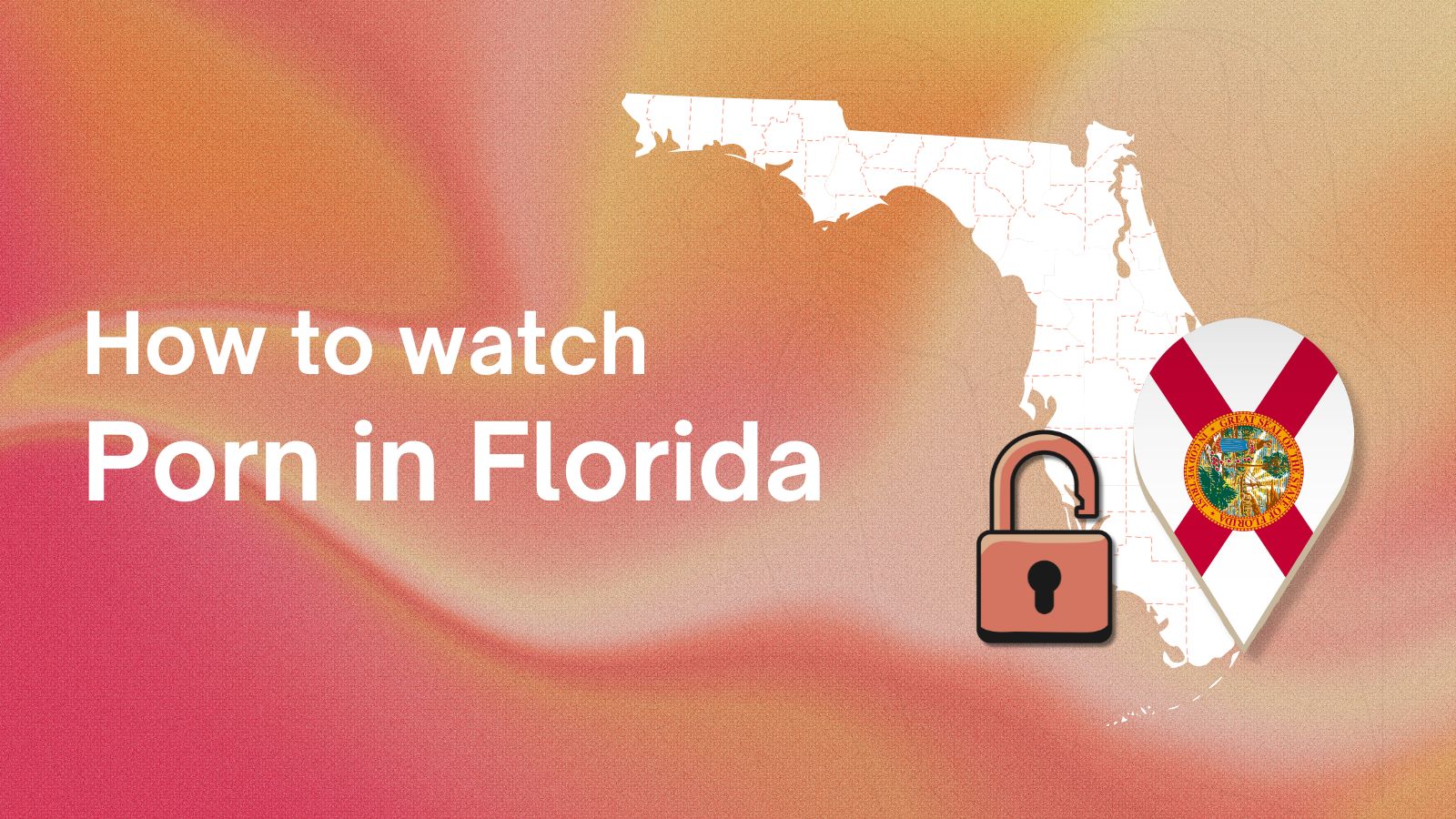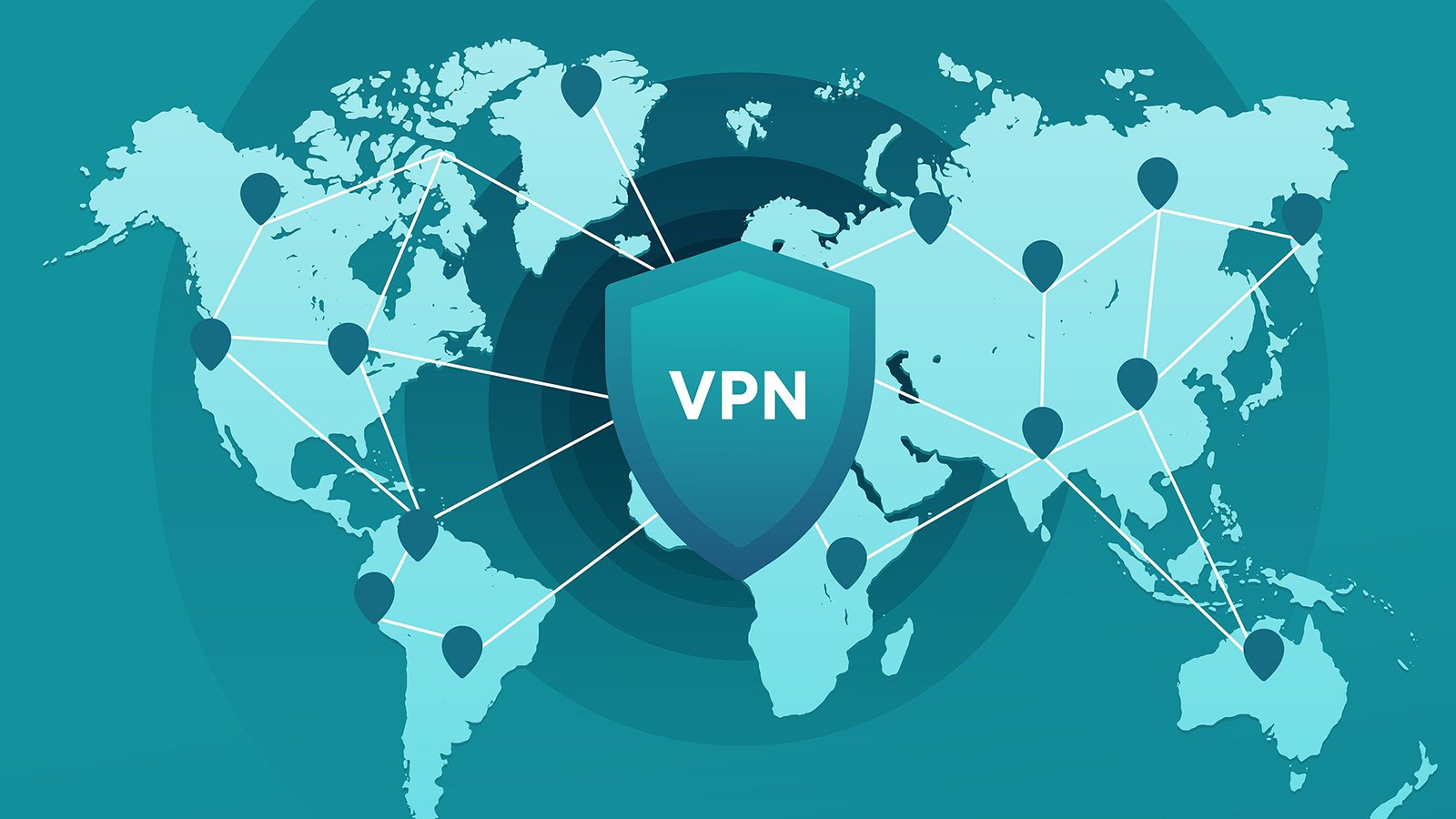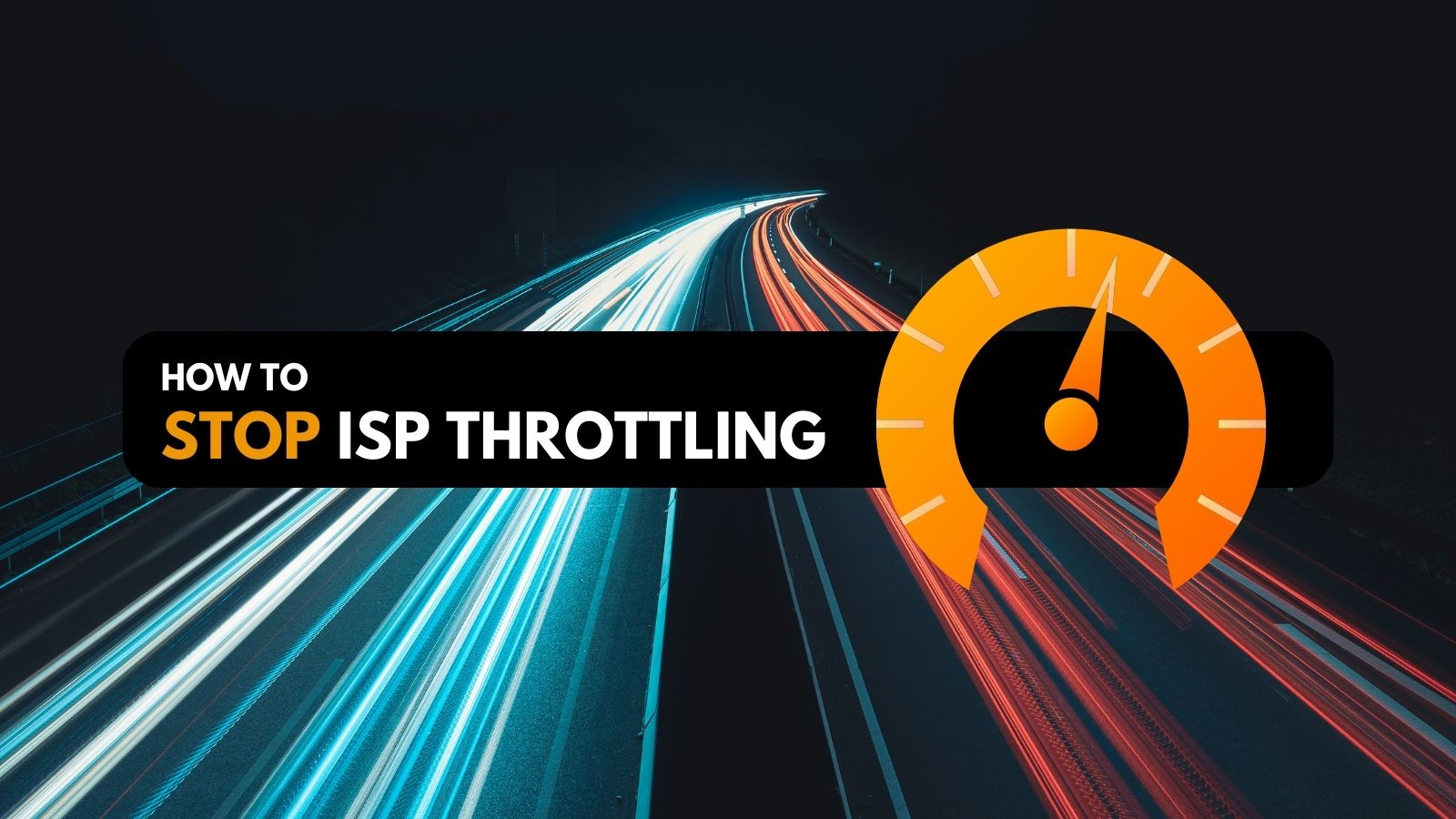
What Technologies Are Good for Off-Grid Living?
The world is a crazy place right now, as lots of people are looking for ways to get away from the hustle (as well as the dangers) of modern living. Extreme enthusiasts of so-called off-grid life have been working for years to find ways to cut the umbilical cord - the ties that link them to the shared infrastructure keeping us all alive on a day-to-day basis.
Let's explore some of the possibilities and see whether any of these components of the off-grid life can be integrated into other less extreme ways of distancing yourself from the crowds.
So let's see what are the options one would have for adopting such a lifestyle.
Solar Energy Is Essential for Off-Grid Living
Solar energy is a topic of great importance at the moment. The technologies we own to harvest the power of the sun have come along in leaps and bounds over the last few decades. Most people think of converting solar power into electricity, but there are other ways to make use of the sun's energy that doesn't follow this route.
For example, solar cookers use an array of mirrors to concentrate the sun's energy on food preparation pots. It is much more efficient than using solar-generated electricity for cooking. While it may take an entire day to cook your dinner, solar cookers can still replace electric or gas cooking systems if you adapt your lifestyle accordingly.
The same goes for solar water heaters. These devices use the full spectrum of the sun to heat water for use in the home. It would once again be too inefficient first to convert heat to electricity and then back into heat. These devices are insulated using modern materials, so that heat is not lost overnight when the sun goes down.
Modern solar panels have become very efficient. If you have the money to spend on the best new versions, you can expect a conversion efficiency of over 20%. Mainstream panels typically have 15% or more. This makes it practical to convert a household into one that only uses solar power for its electricity needs. It's not just about better solar panels, either. Our appliances and electronics are much more energy-efficient now. If we find alternatives for heating, such as gas or direct solar heating, then you may not need as many solar panels or as large a system as you may think. This is the main key that makes off-grid living possible.
Residential Wind Power
Pictured Above: A Missouri General Freedom II Turbine
Everyone knows you can buy a solar power system for home, but did you know you can buy your own wind turbine? It seems incredible, but you can actually install small wind turbines along with solar power or on their own. It's an option for parts of the world that are windy, stormy, and don't have much good sunlight. Obviously, wind turbines need more maintenance than solid-state solar power systems. Still, it's an important part of the off-grid energy puzzle.
Battery Technology
PowerWall 2 Press Image
Having very efficient solar panels is great, but what do you do with the power you can't use right now, or when the sun goes down, and you still need to keep the lights on. That's where battery technology comes into play. Batteries have always been the bottleneck when it comes to going off-grid. They wear out too quickly and just don't have enough capacity to make them practical. At least, that was the received wisdom for a long time. These days, lithium-ion battery technology and improvements in lead-acid battery technology have changed the game completely.
One of the most high-profile examples of a modern battery backup system for solar energy is the Tesla Powerwall. Of course, the power doesn't have to be used with the solar power system - it can simply act as a backup for when a blackout happens. It also doesn't have to be completely disconnected from the grid. So you can use a combination of solar power and grid power favoring the grid when solar is low.
However, as an off-grid solution, the combination of modern solar panels and these high-end solar backup batteries makes it entirely possible to cut the cord between yourself and the electrical grid.
New battery technology is also around the corner. Recently, we saw the release of the first lithium battery that has a graphene component. Graphene is an exciting new material consisting of a novel arrangement of carbon atoms. There are many potential uses for graphene, but by simply mixing in a small amount of the substance with existing lithium-ion battery material, it was possible to significantly increase the endurance of the battery, as well as its overall capacity and charging speed.
While there are higher costs for this type of graph in a lithium hybrid, in the long run, it's actually more cost-effective. Time will tell whether large-scale battery like the Power Wall will make use of graphene in this way. At some point, batteries that are almost entirely graphene-based may also be possible, leading to a new level of battery performance.
Off-Grid Plumbing
In the greater scheme of things, becoming independent of the power grid is actually relatively easy. What's much harder is cutting yourself off from water and sanitation. Think about it - get some solar panels and batteries, and life goes on more or less as usual. You plug stuff in and then your gadgets work. But the clean water that comes from the faucet and the treatment of your sewage is much more complicated to pull off. There's not even one solution here. Some people are successful with traditional outhouses or composting toilets for indoor use. There are also septic tank systems that systematically filter and process waste into the earth below, giving you a standard indoor plumbing experience.
What about where the water comes from? Boreholes or professionally sunk wells are one option. If you live in a part of the world with low air pollution and lots of rain, you can also use a cistern system. If you want to drink that water, it may also need some filtration and chemical treatment.
Off-Grid Manufacturing
We all need stuff, and most of that stuff is going to be made by someone else. If you want to live off-grid, then you can start with a set of products. But what if something needs repair or replacement? Right now, there is no such thing as being completely independent of global manufacturing infrastructures, but times are slowly changing. Right now, you can actually get a lot of mileage out of consumer 3D printers. Small items that wear out, such as cabinet handles or other parts that don't bear much load, can be made from plastic filaments. In the future, we expect that consumer 3D printers will eventually print in metal, print in mixed media, and even have the ability to print electronic circuits.
Signal Blocking Technology and Internet Tracking
Privacy can be an important part of off-grid living. If you don't want to be tracked and have your data collected, do you have to forego telecommunication? No smartphone, no dumbphone, just you by yourself in the middle of nowhere. The good news is that you don't have to give up this technology in order to stay off systems that track you.
One simple solution is to put your phone into a signal blocking bag when you don't need to use it. When you do need to use it, you can keep it disconnected from the mobile network and leave it hooked up to WiFi only. Whether you use mobile or home internet, make use of a VPN that hides both your activity and location.
You can also consider running a separate home intranet with your own cloud media server and automation, not connected to the outside world.
Off-Grid Money for Off-Grid Living?
Money may be the hardest thing to escape when trying to distance yourself from global human societies and networks. Cash is slowly phasing its way out of life. Even if you keep cash on hand, you still need to pay for goods and services from time to time.
This is a tough nut to crack. There aren't many ways to escape the global financial network. However, cryptocurrencies are probably the closest thing to digital cash or gold we have today.
The Limits of Off-Grid Living
First of all, there aren't many people who would want to convert every part of their lives to an off-grid mode. Some of these technologies and methods may suit you, and won't cut it for others. Moreover, while many people who take an extreme off-grid approach do it for philosophical or political reasons, right now, during the age of global pandemics, these technologies and methods can also be used to limit our exposure to each other.

